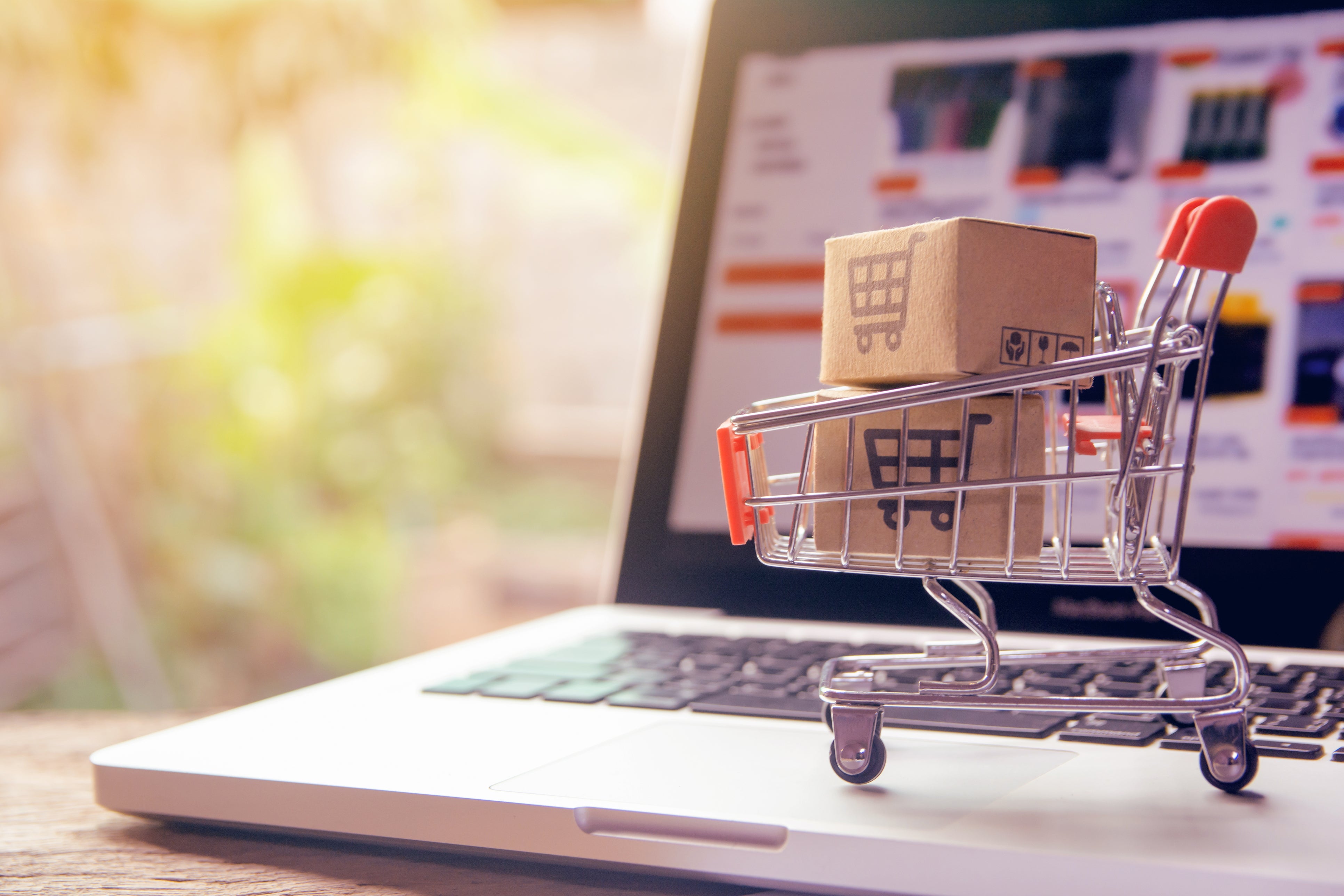We have to protect customers who shop using online marketplaces
What many consumers don’t realise is online marketplaces have no legal responsibility to ensure third-party sellers are aware of UK safety standards


Your support helps us to tell the story
From reproductive rights to climate change to Big Tech, The Independent is on the ground when the story is developing. Whether it's investigating the financials of Elon Musk's pro-Trump PAC or producing our latest documentary, 'The A Word', which shines a light on the American women fighting for reproductive rights, we know how important it is to parse out the facts from the messaging.
At such a critical moment in US history, we need reporters on the ground. Your donation allows us to keep sending journalists to speak to both sides of the story.
The Independent is trusted by Americans across the entire political spectrum. And unlike many other quality news outlets, we choose not to lock Americans out of our reporting and analysis with paywalls. We believe quality journalism should be available to everyone, paid for by those who can afford it.
Your support makes all the difference.With the cost of living increasing for the majority of consumers, it’s unsurprising that many are tempted to turn to what appears to be a bargain on an online marketplace. However far too often the result is a dud that is faulty and, in the worst case, could have been harmful.
Which?’s product testing has uncovered a number of items that simply shouldn’t be up for sale on popular marketplaces that many of us use frequently, from teeth whiteners that burn gums to smoke alarms that don’t detect smoke. Why? because regulation and oversight have simply not kept pace with changes in consumer behaviour. Our research found in late 2019 that more than nine in ten consumers were buying from an online marketplace, and that will almost certainly have increased during the pandemic.
For larger retailers, such as Tesco and John Lewis, that are well-acquainted with UK safety laws, consumers can have a high amount of confidence that the products they sell are unlikely to cause them harm. That’s not only because of the reputational damage they’d suffer if they were caught selling faulty or dangerous items, but crucially because they have a legal responsibility not to do so.
But what about third party sellers on online marketplaces, many of whom are based abroad and operating on a massive scale, who too often don’t comply with safety regulations and are almost impossible to contact should things go wrong? What many consumers don’t realise is online marketplaces have no legal responsibility to ensure these sellers are aware of UK safety standards and are meeting their requirements. As a result too many dangerous products appear on their sites leaving millions of consumers exposed to possible harm.
These issues are not only domestic, but global. As a result, Consumers International, the membership organisation that brings together over 200 consumer organisations in more than 100 countries, has this week set out new online product safety guidelines. These include sensible principles, and make recommendations for online marketplaces to be made legally responsible for the safety of all products sold on their platforms, and giving regulators the powers to enforce this, as well as publishing sellers’ business name, address and contact details on their websites to lift the cloak of mystery that so many operate under.
Another principle is the promotion of cross-border cooperation. Given that this is a global issue, governments should pursue commitments in international agreements that promote consumer protections between countries, as well as sharing information about products that have been identified as unsafe or have been recalled, with regional or international safety databases.
Which? believes that it is sensible to tackle this consumer harm through international collaboration. But issues must also be addressed on a country by country basis - and here the UK has an opportunity to set the global standard.
The government, which has repeatedly claimed that it wants to make the UK the safest place in the world to go online, must empower its Office for Product Safety and Standards by making necessary changes to modernise the UK’s product safety regime. It has been encouragingly committed to ensuring that only safe products are sold online, but given the scale of the issue that consumer groups are uncovering all across the world, a much more proactive approach is required. The OPSS recently issued a product safety message to warn people of the risks of buying from online marketplaces. But responsibility cannot be left to consumers alone.
A first step is to update online marketplaces’ responsibilities, by placing a legal duty on marketplaces to ensure all products sold through their platform - either by third party sellers or by the platform itself - are safe. It also means requiring online marketplaces to remove unsafe products from their site and inform consumers within 24 hours.
These changes would give consumers greater confidence to shop online, and reduce the possibility of ending up with an unsafe product.
Christmas is fast approaching, when millions more consumers will enter the lottery of unsafe products sold through online marketplaces when shopping for presents. They deserve better protection, and the government and online marketplaces must move quickly to provide it.
Rocio Concha is Director of Policy and Advocacy at Which?
Join our commenting forum
Join thought-provoking conversations, follow other Independent readers and see their replies
Comments